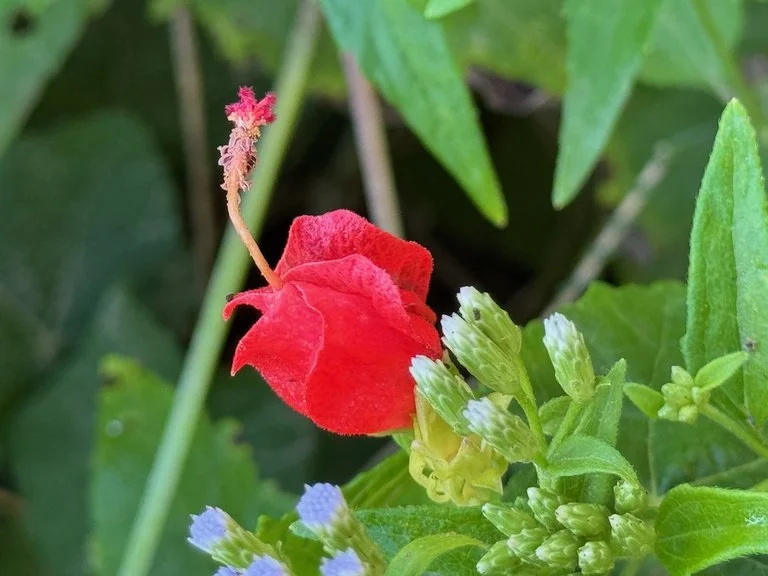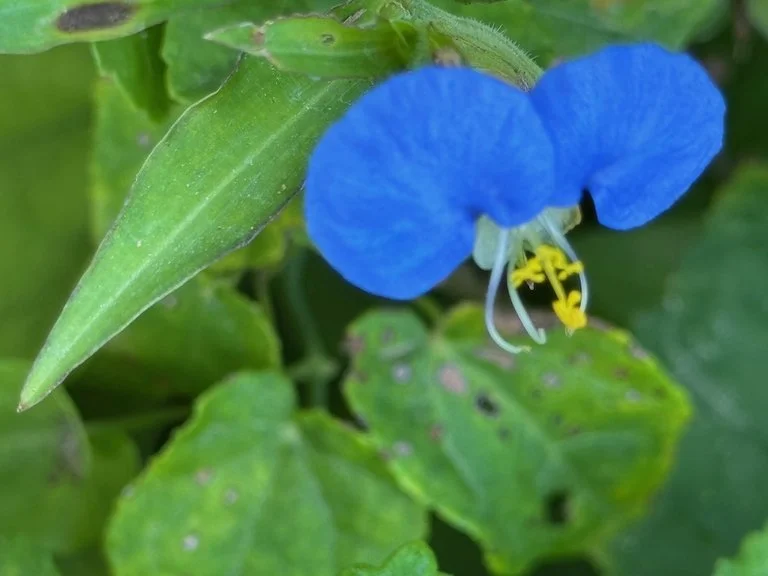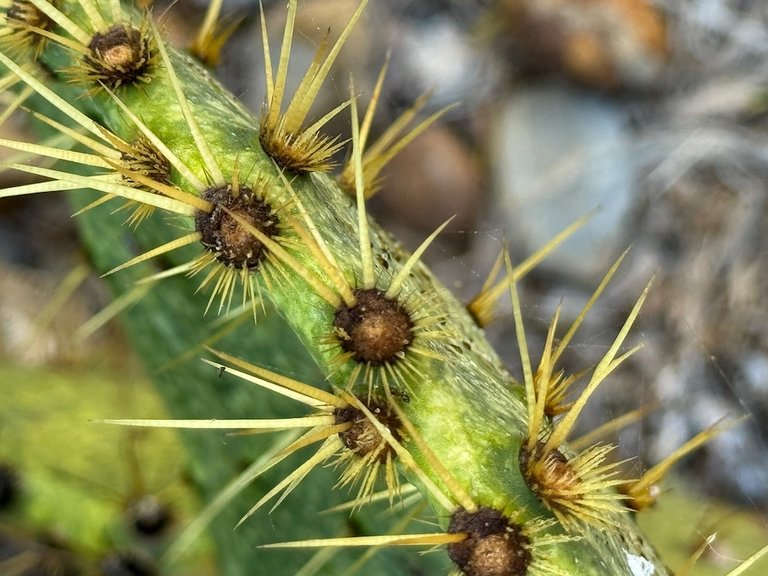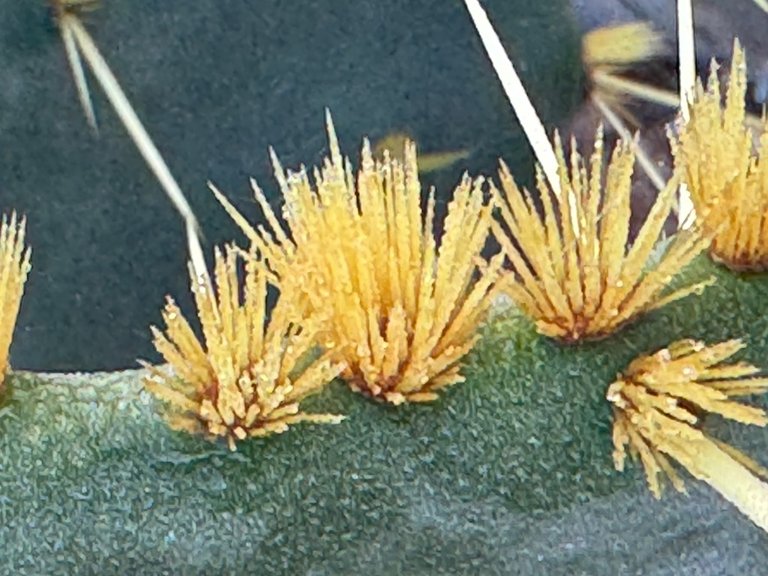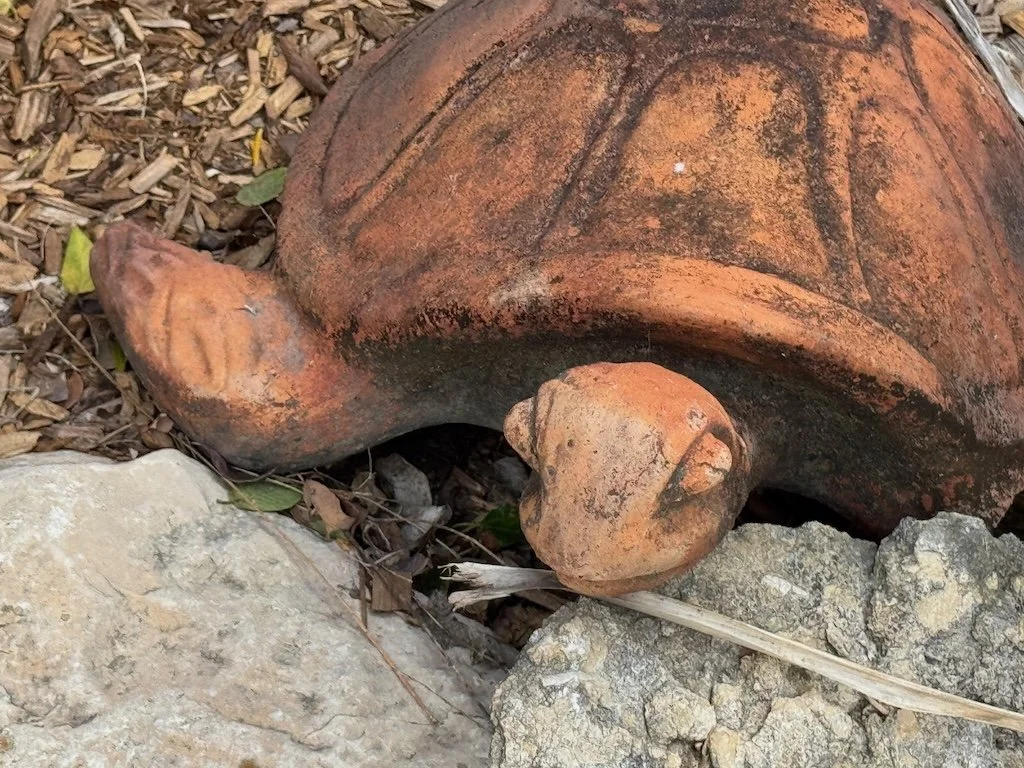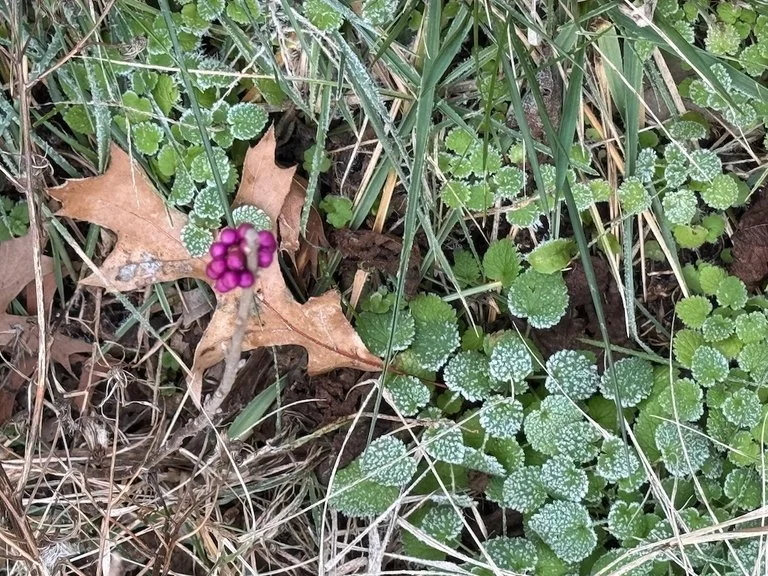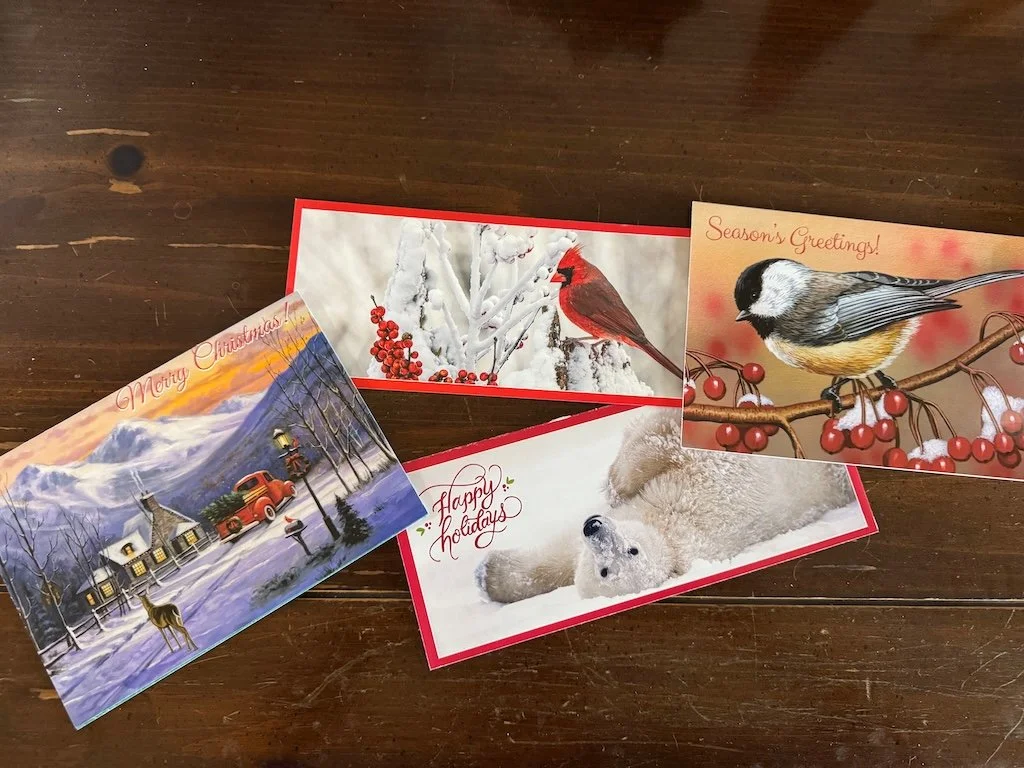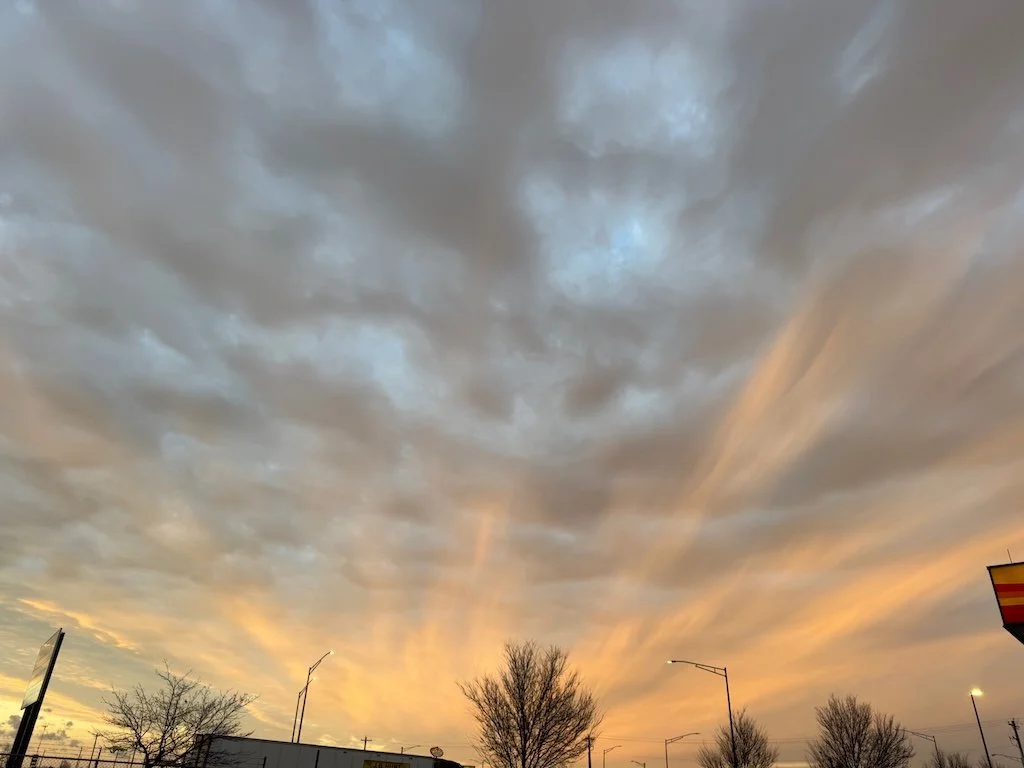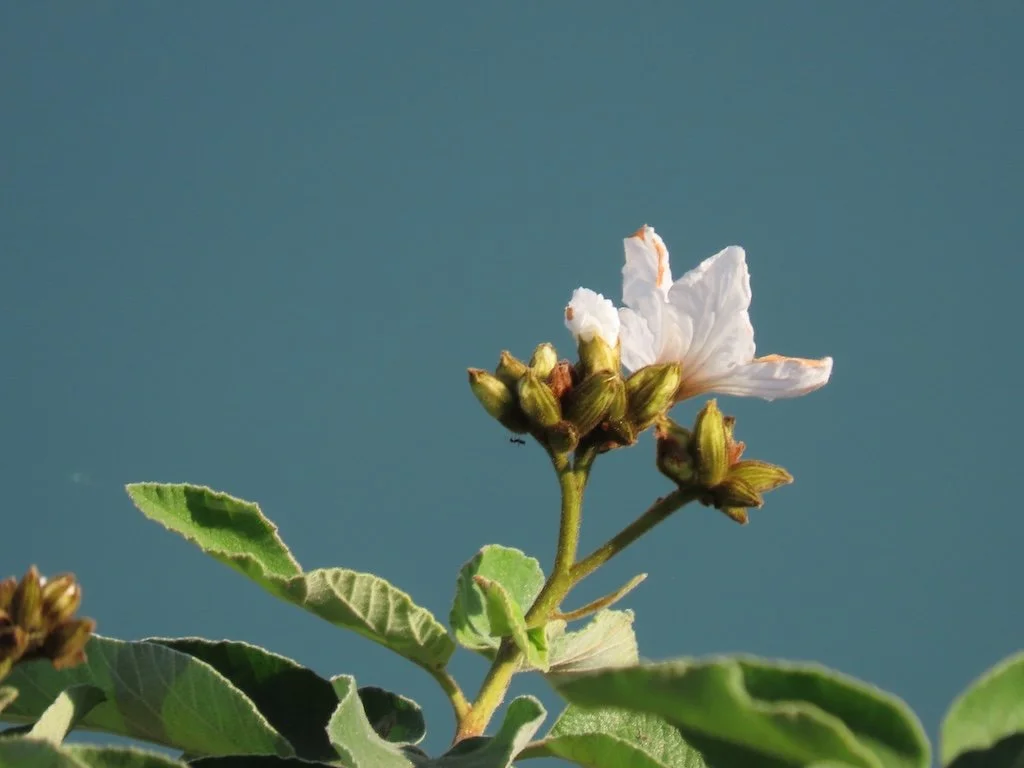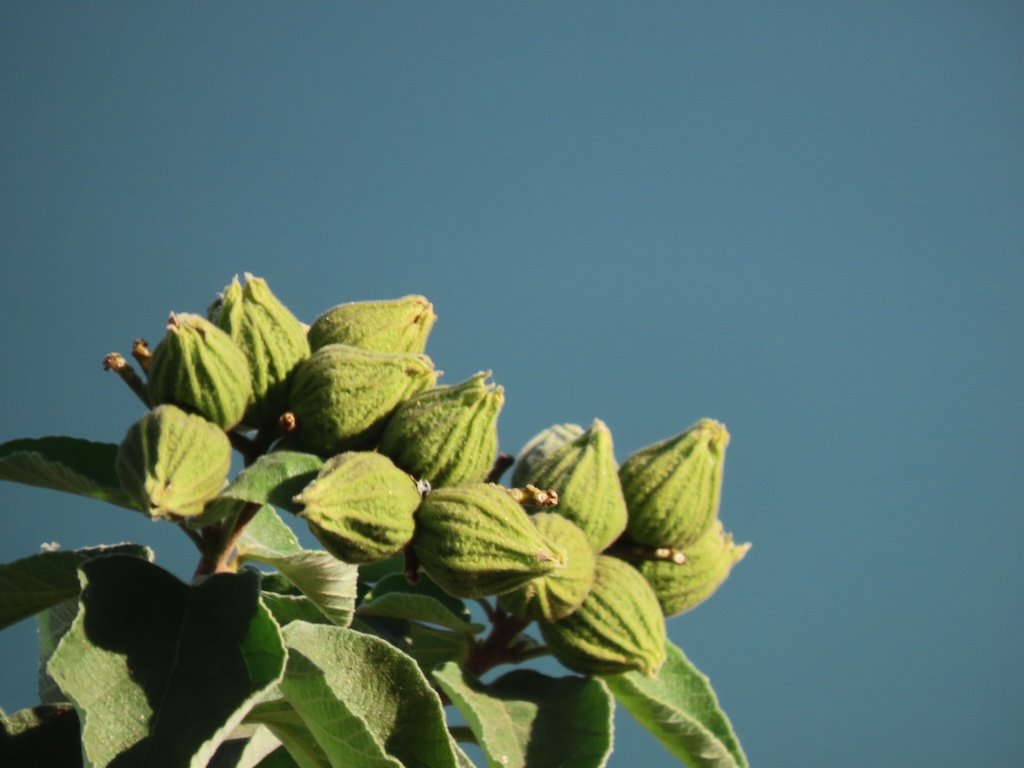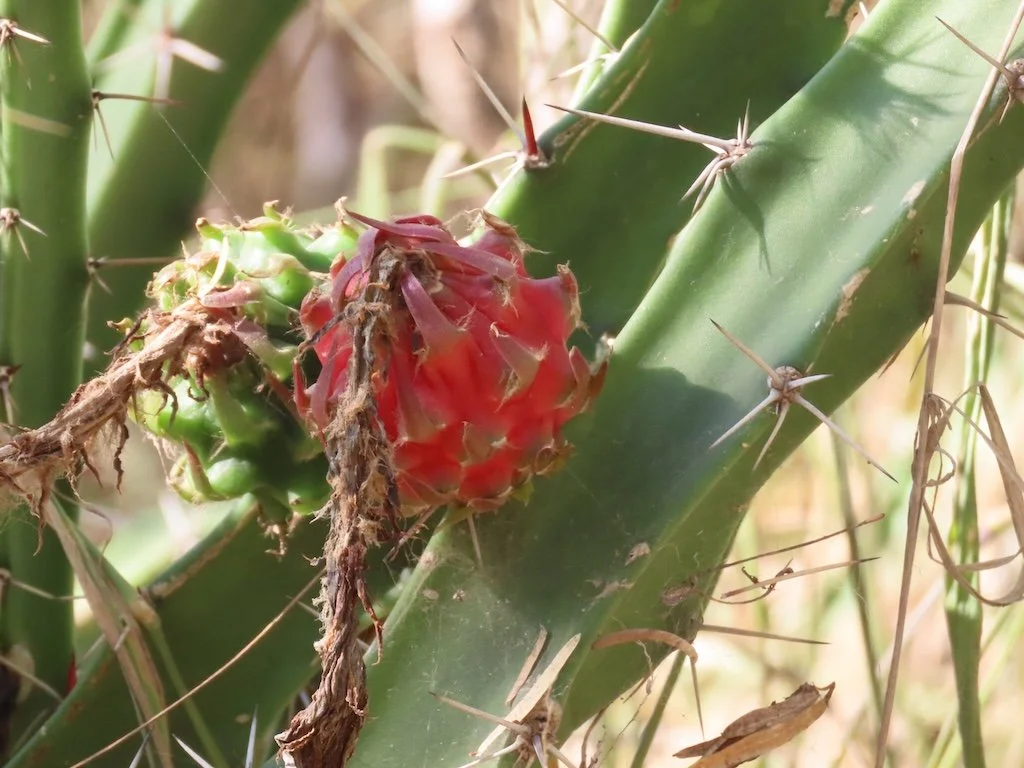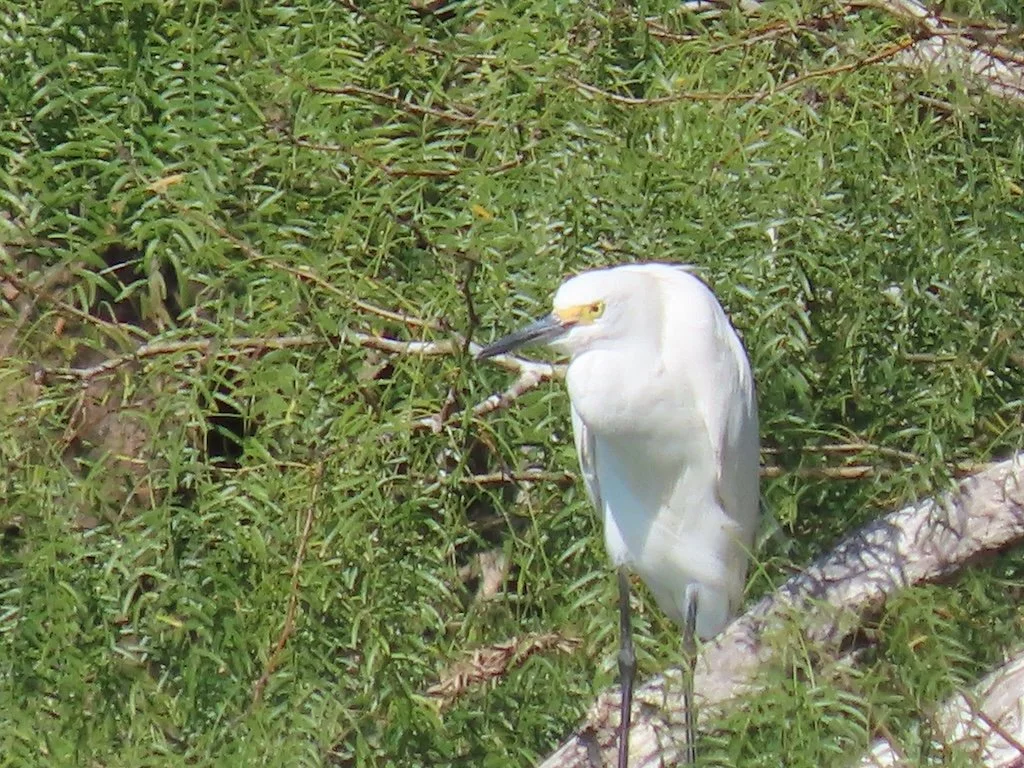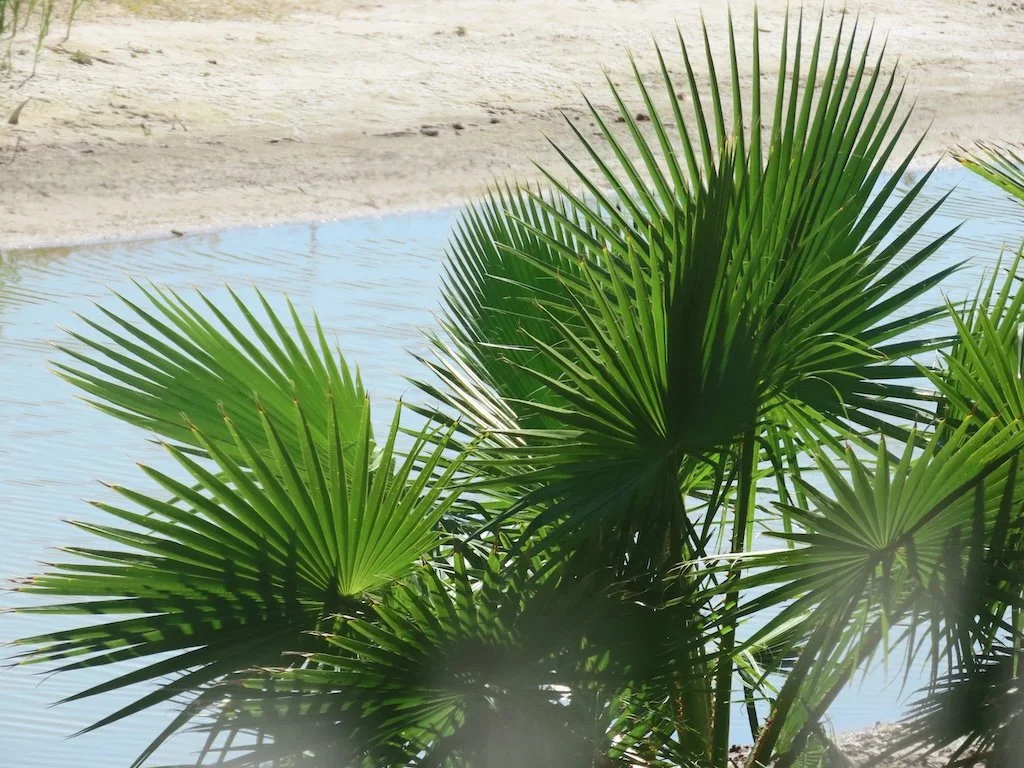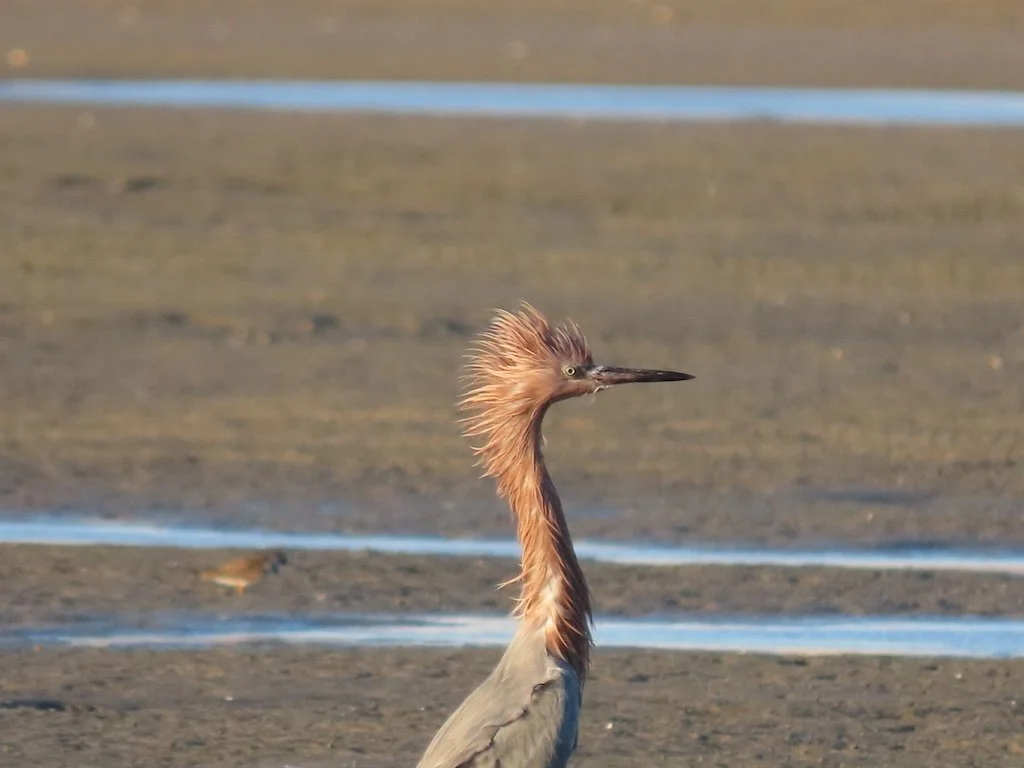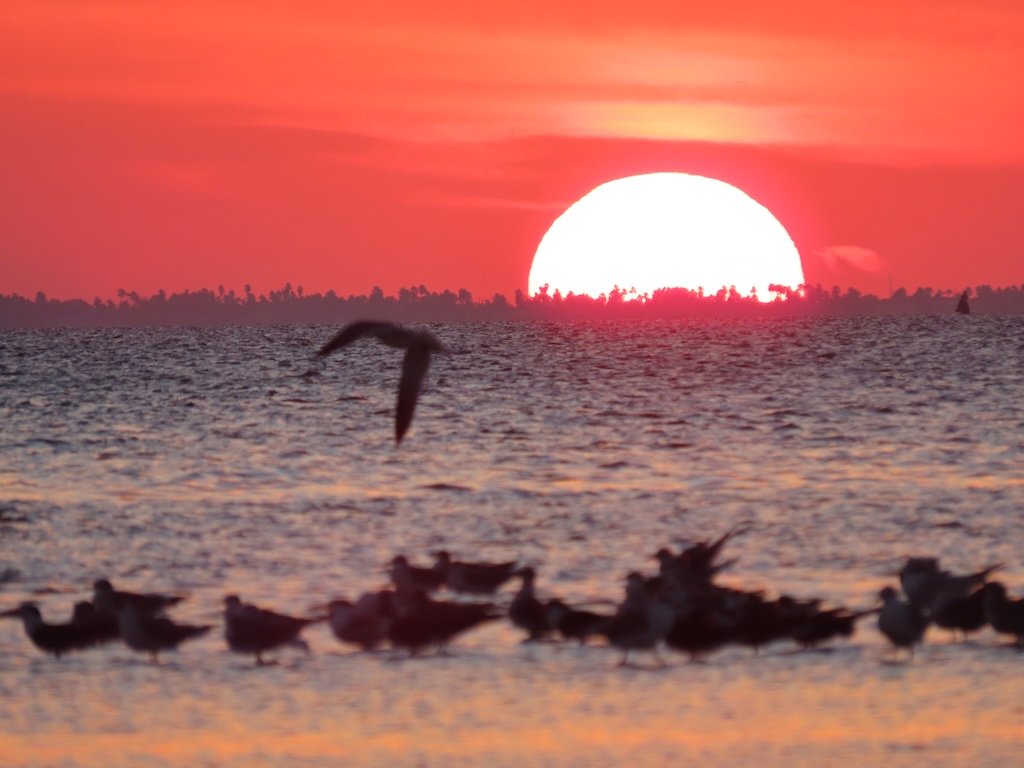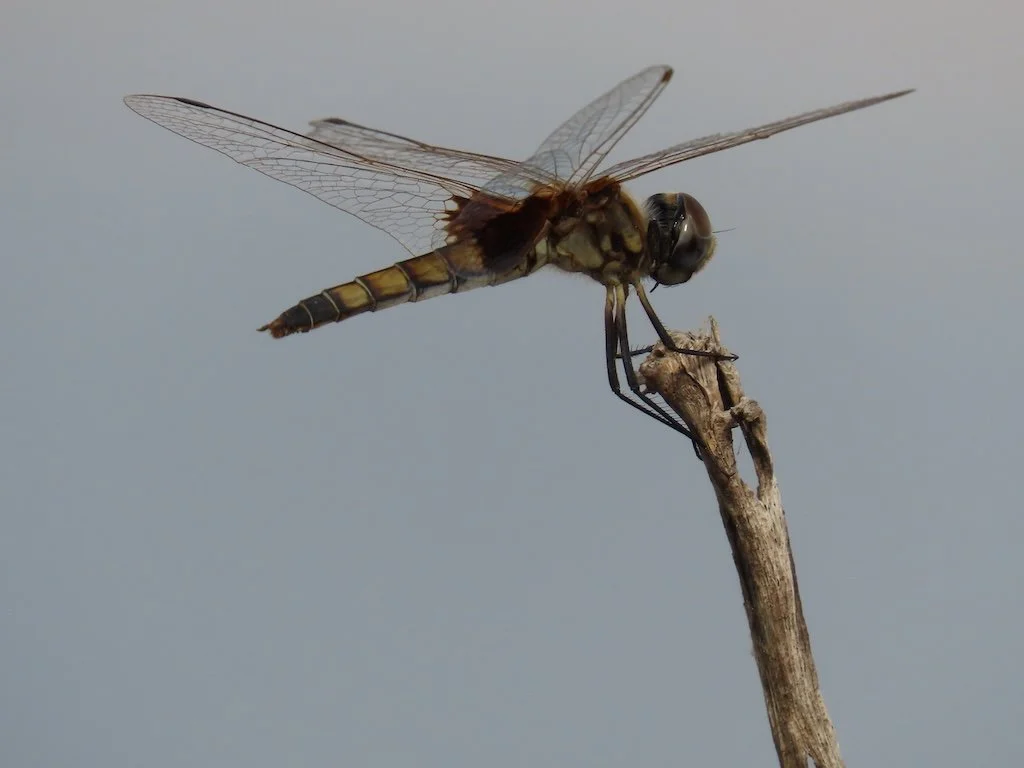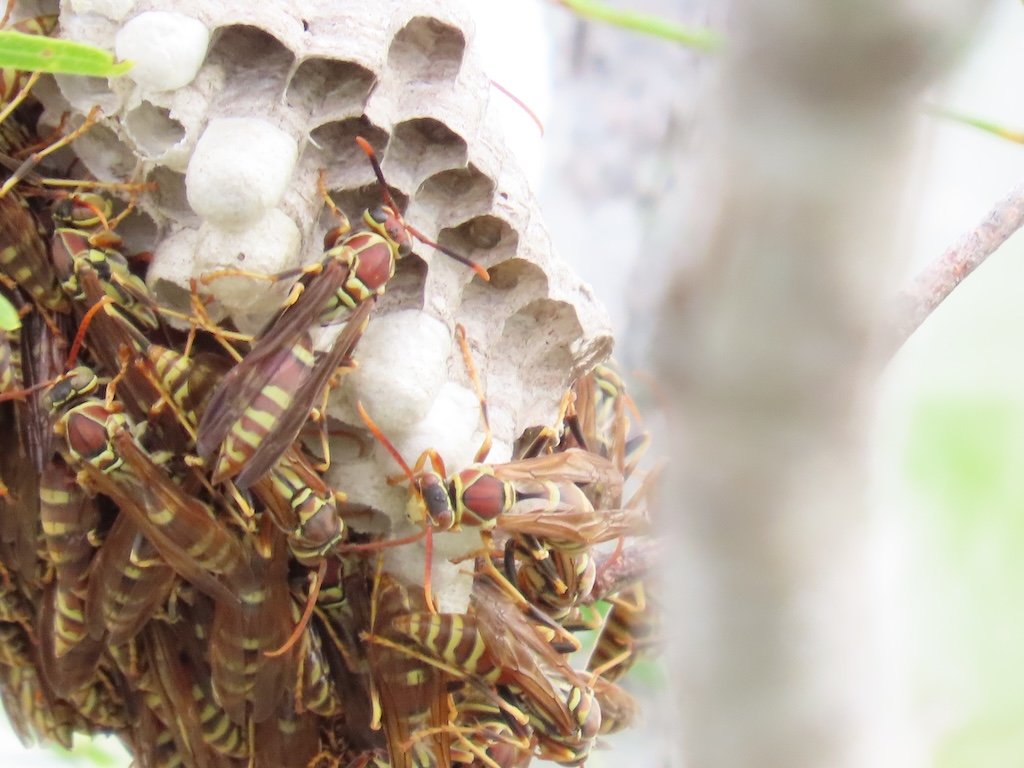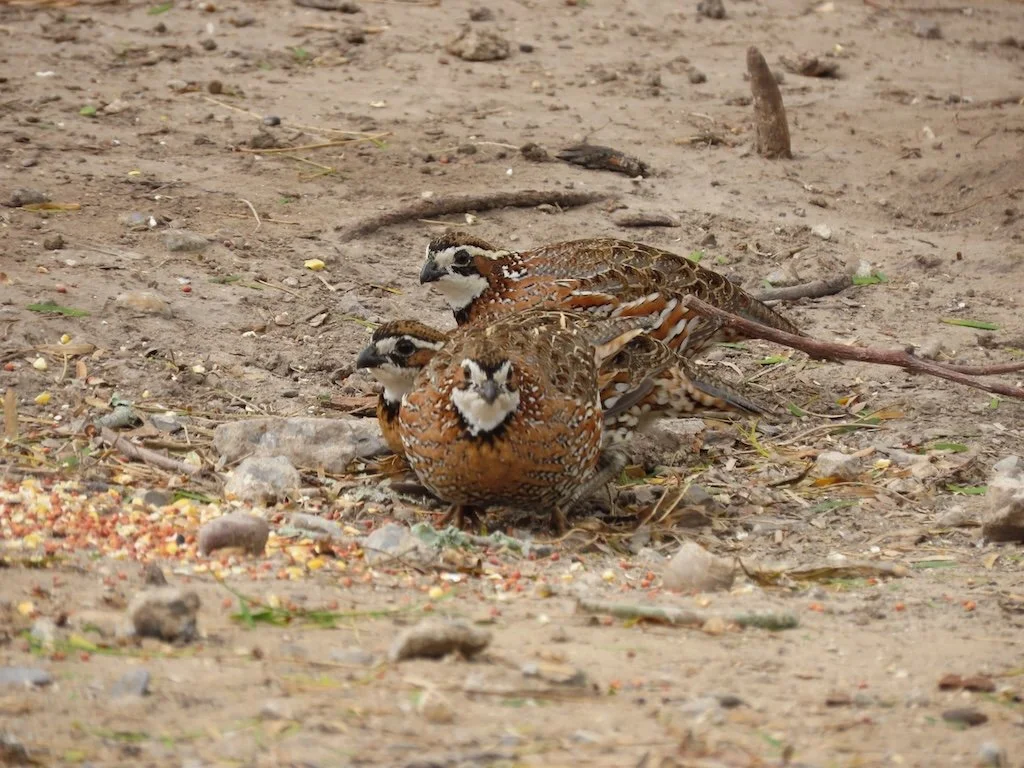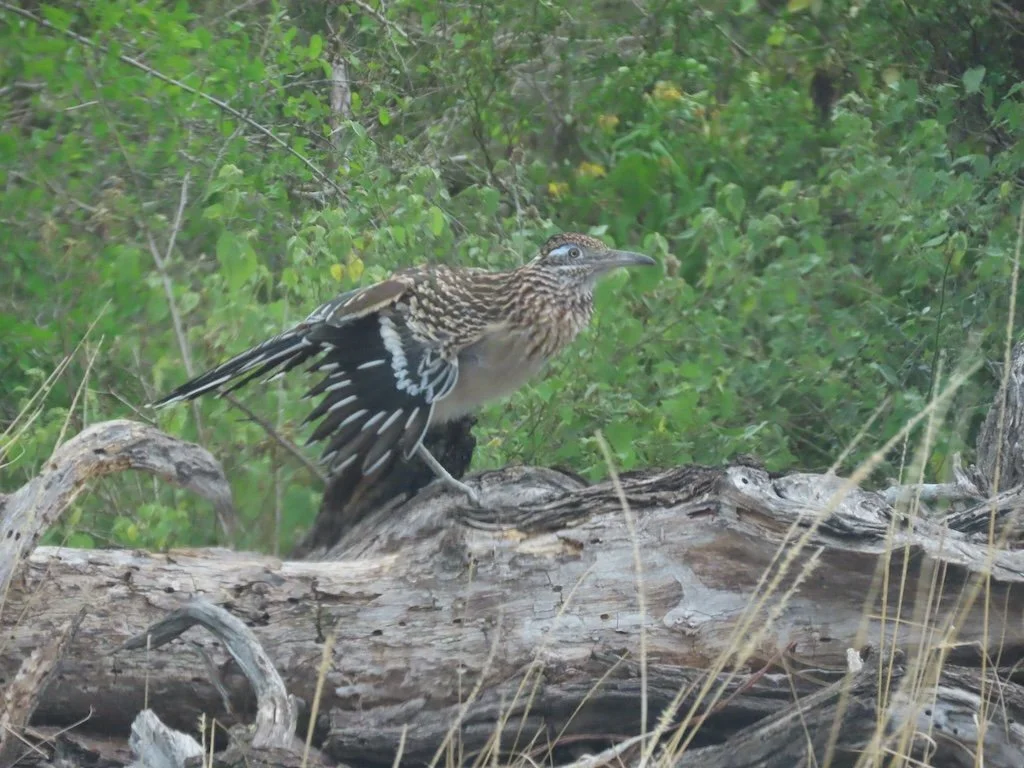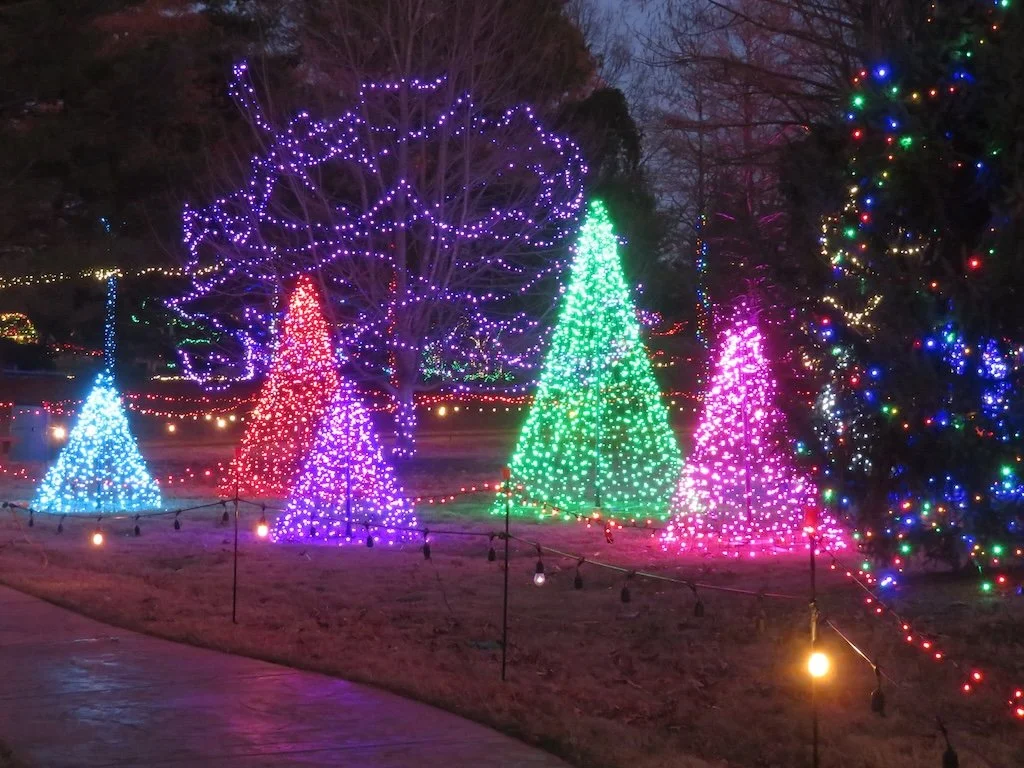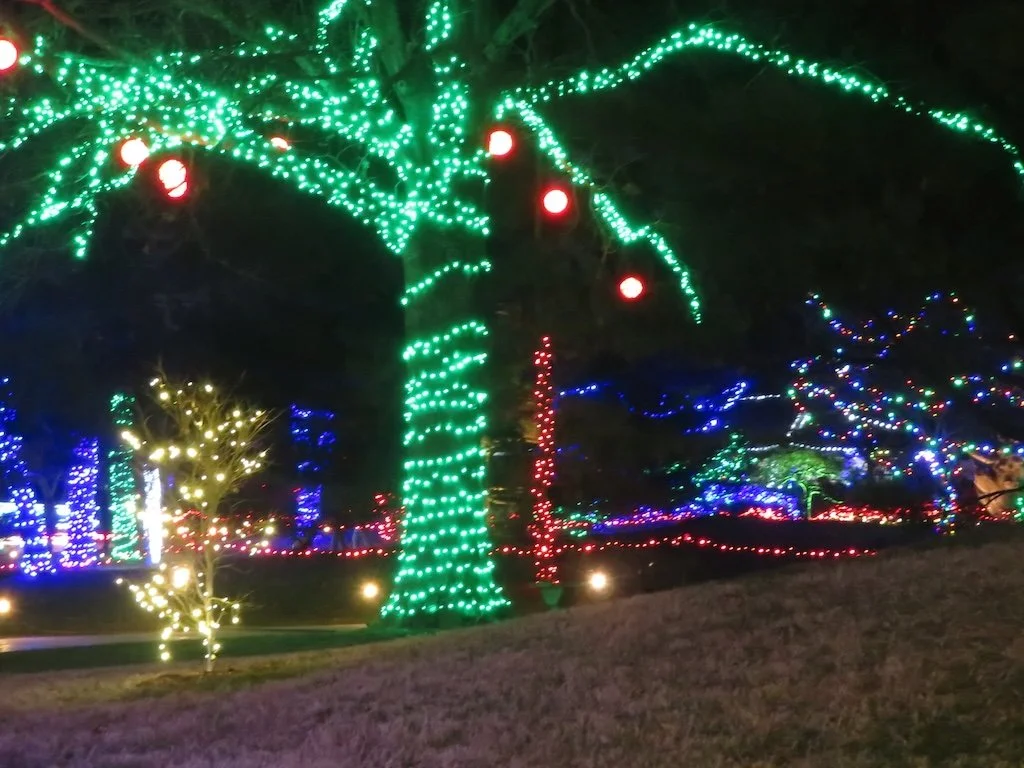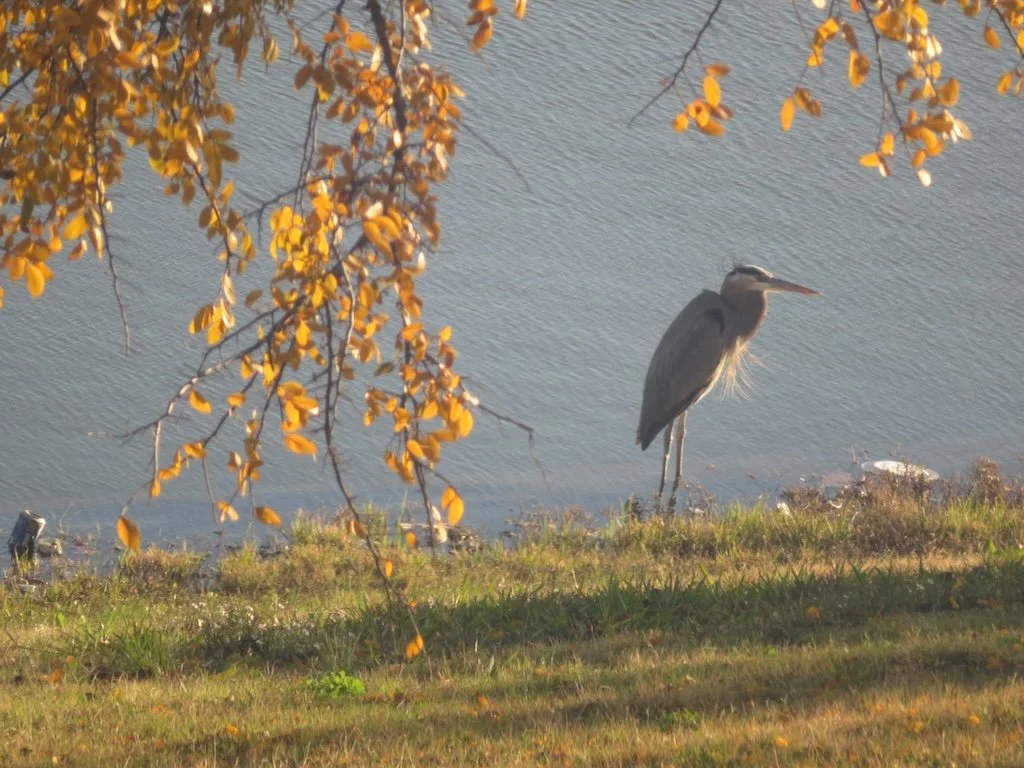Gleanings of the Week Ending February 18, 2017
/The items below were ‘the cream’ of the articles and websites I found this past week. Click on the light green text to look at the article.
Top 10 Winter Warriors – Wild life in winter. The ones I see most frequently are chickadees although most of the ones at my bird bath and feeder are Carolina rather than Black-capped.
When is a black bear actually a blue bear? – Black bears are not always black!
Dynamic Wildlife Duos - Originally posted just before valentine’s day…liked the pictures.
Experts reveal hidden dangers behind supplements – Over the counter supplements advertised to treat obesity and erectile dysfunction problems were labelled as fully herbal but often included dangerous pharmaceutical ingredients that were not listed on the label…..which are often dangerous and can cause serious side effects. One example: Sibutramine (licensed as Reductil until 2010 when it was withdrawn across Europe and the US due to increased risk of heart attacks and strokes) was found in slimming supplements. These supplements are the 21st century equivalent of snake oil (or maybe they are worse than snake oil).
National Park Service History eLibary Additions for February – Another online source for documents about National Parks!
A Crack in an Antarctic Ice Shelf Grew 17 miles in the last two months – Stories keep coming about the giant crack in the Larsen C ice shelf. This one is from 2/7 and has a lot of good graphics and explanation.
20+ National Park Portraits Celebrating the Rainbow – Colored Lands in the US - Beautiful images from the National Parks
New, long-lasting flow battery could run for more than a decade with minimum upkeep – If only half the new battery technology stories turn out to be true….the energy storage needed daily life could change dramatically over the next decade.
How to avoid falling for lieds and fake news and How to spot misleading health news – Two stories from BBC Future. With the easy flow of ‘stuff’ around the internet, the skills for determining validity of stories are more important than ever before.
Don’t call it wheat: an environmentally friendly grain takes root – Perennial grains…still needing further development but the potential to create a more sustainable way to produce our bread!

